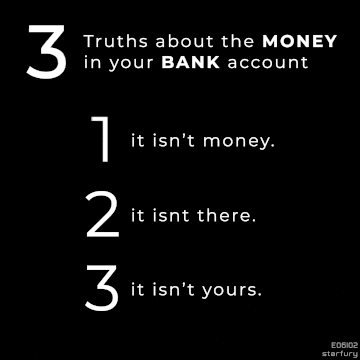Bitcoin's potential extends far beyond the realms of digital currency and investment. As a P2P, secure, and borderless payment system, Bitcoin presents novel solutions to longstanding pains and challenges in the traditional fiat monetary system. This article explores how social cues, community attitudes, and unique problem-solving approaches using Bitcoin can catalyze broader adoption and adaptability.
Social Cues Enhancing Bitcoin Adoption
The path to widespread Bitcoin adoption can significantly benefit from understanding and leveraging social cues:
Community Support and Education
Bitcoin enthusiasts are often eager to assist newcomers but may find their time limited. Structured mentorship programs, educational content, and accessible support channels can help compensate for these limitations. Ensuring that no one feels "left out of the tribe" is crucial in fostering a welcoming and inclusive Bitcoin community.
Inclusivity and Accessibility
Many individuals fear exclusion not just from monetary gains but from participating in what might be a pivotal financial revolution. Emphasizing Bitcoin's role as a tool for financial inclusion can attract wider demographics. Illustrating how Bitcoin can empower the unbanked or underbanked populations by providing access to a global financial network can be a compelling journey.
Problem-Solving with Bitcoin
Bitcoin offers distinct advantages in addressing issues endemic to the fiat system, such as inflation, accessibility, and transaction inefficiencies. Here’s how Bitcoin can uniquely tackle these challenges:
Fiat System Challenges
- Hyperinflation: In countries experiencing hyperinflation, Bitcoin presents a viable alternative that holds its value and provides financial sovereignty to individuals.
- Cross-border Payments: Bitcoin simplifies transactions across borders without the need for currency exchange or high fees, making it ideal for global trade and remittances.
Innovative Use Cases
Leveraging Bitcoin to solve specific problems can demonstrate its utility and encourage broader adoption:
- Microtransactions: Bitcoin can facilitate small transactions economically, which are not feasible with traditional payment systems due to high fees.
- Smart Contracts: Although primarily associated with other blockchain technologies, the development of platforms like RSK (Rootstock) allows Bitcoin to support smart contracts, enabling automated, trustless agreements.
Building Bitcoin Rails
To move the Bitcoin adoption process forward, significant investment in infrastructure—the "Bitcoin rails"—is necessary:
- Robust Wallets and Services: Developing user-friendly wallets and services that address the needs of diverse users can lower the entry barrier for new adopters.
- Merchant Integration: Encouraging businesses to accept Bitcoin as a form of payment can normalize its use in everyday transactions.
Readiness for Change
While the momentum behind Bitcoin grows, it's crucial to recognize that many are still apprehensive about transitioning from traditional financial systems to a digital currency-based model.
- Educational Initiatives: Continuous education on how Bitcoin works and its benefits can alleviate fears and misconceptions.
- Gradual Transition Strategies: Offering hybrid financial products that incorporate both fiat and Bitcoin can help ease the transition for hesitant individuals.
Conclusion
Bitcoin stands out not just as a financial asset but as a catalyst for solving complex monetary problems in innovative ways. As the Bitcoin community continues to build supportive rails and fosters inclusiveness, it's essential to meet people where they are, respect their pace of adaptation, and continually demonstrate how Bitcoin can positively impact their financial health and autonomy. By aligning social strategies with technological advancements, Bitcoin can transcend its current boundaries, inviting a future where financial empowerment and inclusion are accessible to all.






